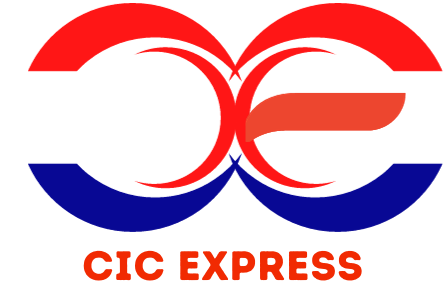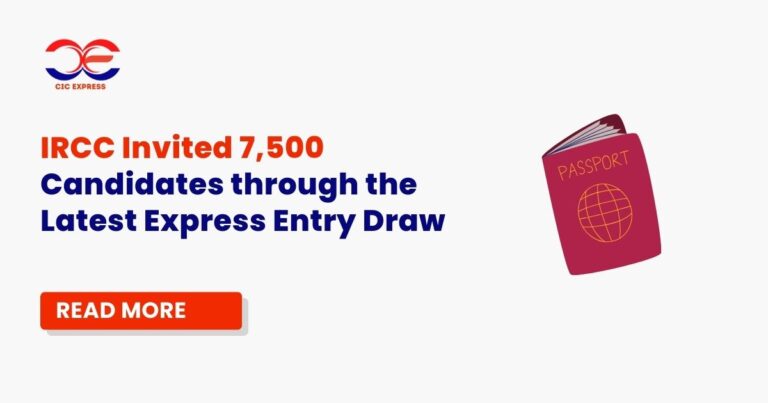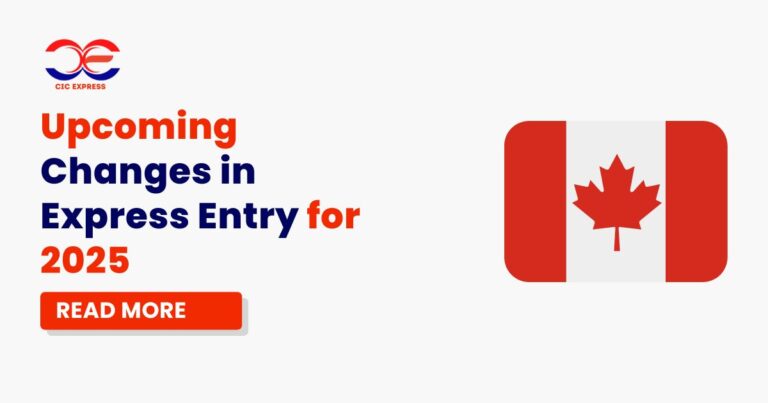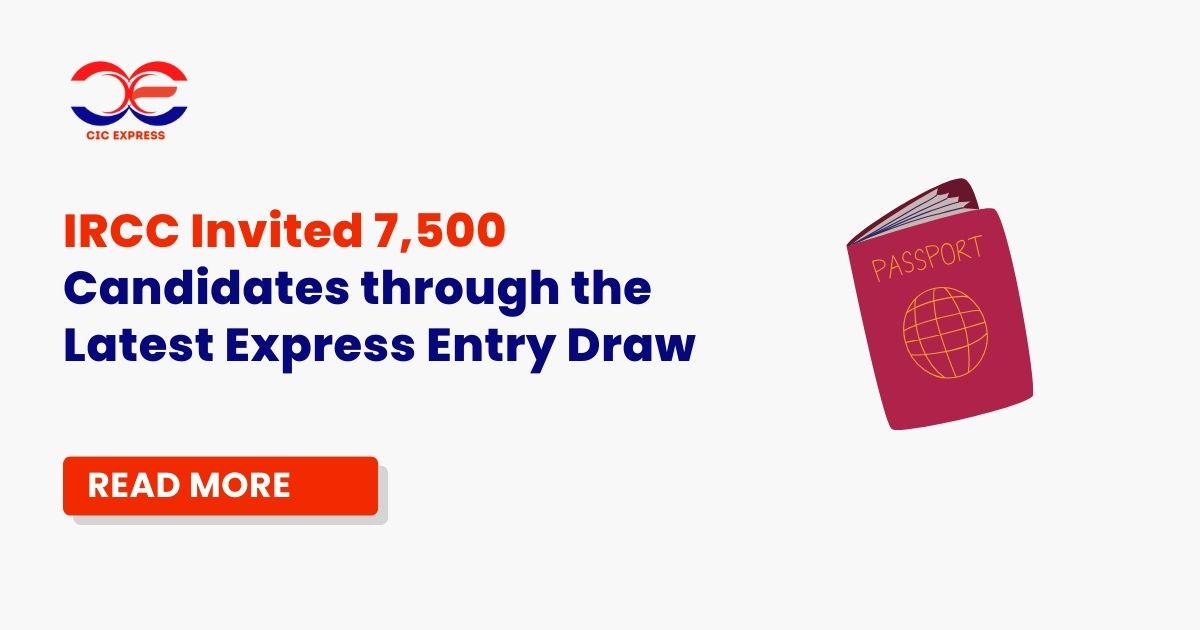Canada Student Visa Rejection Reasons & How to Avoid Them 2025

Did you know that over 6,40,000 international students students hold study visas in Canada? Canada is a top destination among international students; thousands of students immigrate to Canada yearly on a student visa. However, the rejection rate for study visas has been rising recently.
Therefore, it has become more difficult for international students to secure a student visa and study there. Students must increase their Financial capabilities, educational qualifications, and ties to their home country to secure a study visa.
If you also plan to study in Canada, you must know why you can avoid the chances of your visa being refused. But first, let us give you an overview of Canada study visa.
What is a Canada Study Visa?
A Canada study visa is a legitimate document that allows international students to study in Canada at a designated learning institution. To secure a study permit, you must fulfill the specific requirements.
Top reasons for Canada student visa rejection
There are several reasons why a Canadian student visa gets rejected. Some of the top reasons are listed below:
- Lack of Proof of Funds
Canada demands international students demonstrate sufficient financial resources to pay tuition fees, living costs, and return airfare. Immigration, Refugees, and Citizenship Canada (IRCC) wishes to ensure that you can financially support yourself in Canada.
- Common mistakes:
- Presenting old or incomplete financial documents.
- Not reaching the minimum fund requirement (roughly CAD 10,000 annually outside Quebec and CAD 11,000 for Quebec).
- Not furnishing evidence of the source of funds.
- How to Avoid:
- Ensure your bank statements indicate enough funds for a minimum of one year.
- Demonstrate stable sources of income and sponsorship support (if applicable).
- Attach a letter detailing how you intend to finance your studies.
- Poor Statement of Purpose (SOP)
Your Statement of Purpose (SOP) is important in your student visa application. It describes your study plans, career aspirations, and reasons for studying in Canada. A poorly drafted SOP can lead to suspicions about your intentions.
- Common Mistake:
- Ambiguous career goals.
- Plagiarism from templates or generic statements.
- Unclear explanation of why you selected a particular course or university.
- How to Avoid:
- Create a personalised SOP that describes your motivation, career objectives, and why Canada is the most suitable option. Emphasise how your selected course of study connects with your previous academic experience and future goals.
- Proofread to eliminate grammatical mistakes.
- Uncertainty of Returning to Home Country
Canada Study Permit is a temporary visa, so IRCC needs evidence that you plan to return to your home country after your studies.
- Common mistakes
- Not having strong ties to your native country (job opportunities, property, or family).
- Making permanent statements without a clear process (like a Post-Graduation Work Permit).
- How to Avoid:
- Strongly indicate after-graduation plans (e.g., returning to work in the native country).
- Demonstrate strong ties such as property, a job offer, or family.
- Do not indicate permanent immigration except if you plan to apply through a process like Express Entry later.
- Incomplete or Incorrect Documentation
Any missing or invalid document may result in automatic rejection.
- Common Mistakes:
- Failure to present a valid Letter of Acceptance (LOA) from a Designated Learning Institution (DLI).
- Failure to attach English proficiency test reports (IELTS, TOEFL, PTE).
- Omission of police clearance certificate or medical examination reports.
- How to Avoid:
- Carefully re-check the Canada student visa checklist before submission.
- Have all documents be recent and properly translated (if required).
- Obtain a second opinion from a reliable immigration consultant.
- Low IELTS/PTE/TOEFL Scores
English proficiency is the primary requirement. If your IELTS score is low, your visa can be rejected.
- Common Mistakes:
- Obtaining a score below the required minimum (IELTS 6.0 overall, no band below 5.5 for undergraduate courses).
- Providing expired test scores.
- How to Avoid:
- Retake the test in case of a low score.
- Pursue preparatory courses to enhance your skills.
- Apply for a course accepting your existing score.
- Choice of Program Doesn’t Align with Previous Studies
Your chosen course should align with your previous education or work experience.
- Common Mistakes:
- Switching from a science background to an unrelated field like hospitality without a valid explanation.
- Applying for a lower-level course than your existing qualification (e.g., applying for a diploma after completing a bachelor’s degree).
- How to Avoid:
- Justify any change in study direction in your SOP.
- Select a course based on your earlier education or professional background.
- Criminal Record or Medical Issues
Canada maintains tight security and health controls. A criminal record or significant medical problem may result in a visa rejection.
- Common Mistakes:
- Omission of past criminal charges.
- Medical exam failure owing to a critical ailment.
- How to Avoid:
- Offer police clearance certificates.
- Finish the medical examination ahead of time and adhere to prescribed treatments if needed.
What to Do If Your Canada Student Visa Application Is Refused?
If your visa is refused, don’t worry! You can reapply once you’ve corrected the errors. Here’s what to do:
- Obtain a GCMS Notes Report – It will inform you of the actual reason for rejection.
- Rectify the Issues – Enhance your SOP, display more funds, or reattempt IELTS if necessary.
- Seek the help of Province Immigration – As an immigration consultant, we can provide an expert’s opinion on how to reapply effectively.
- Apply under SDS (Student Direct Stream). Your application will be processed quickly under SDS if you are from India, China, or a specific nation.
Conclusion
Applying for a Canada student visa is complicated, but knowing the causes of typical rejection can help you prepare a successful application. Complete documentation, financial sufficiency, a powerful SOP, and compliance with eligibility requirements will improve your chances of approval.
For more details about the Canada student visa, contact Province Immigration via +91 98961 96762 or info@provinceimmigration.com
Province Immigration via +91 98961 96762 or info@provinceimmigration.com








